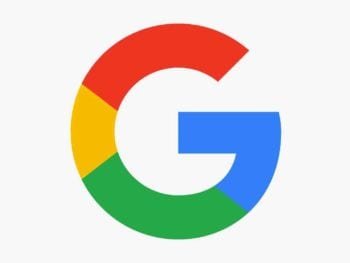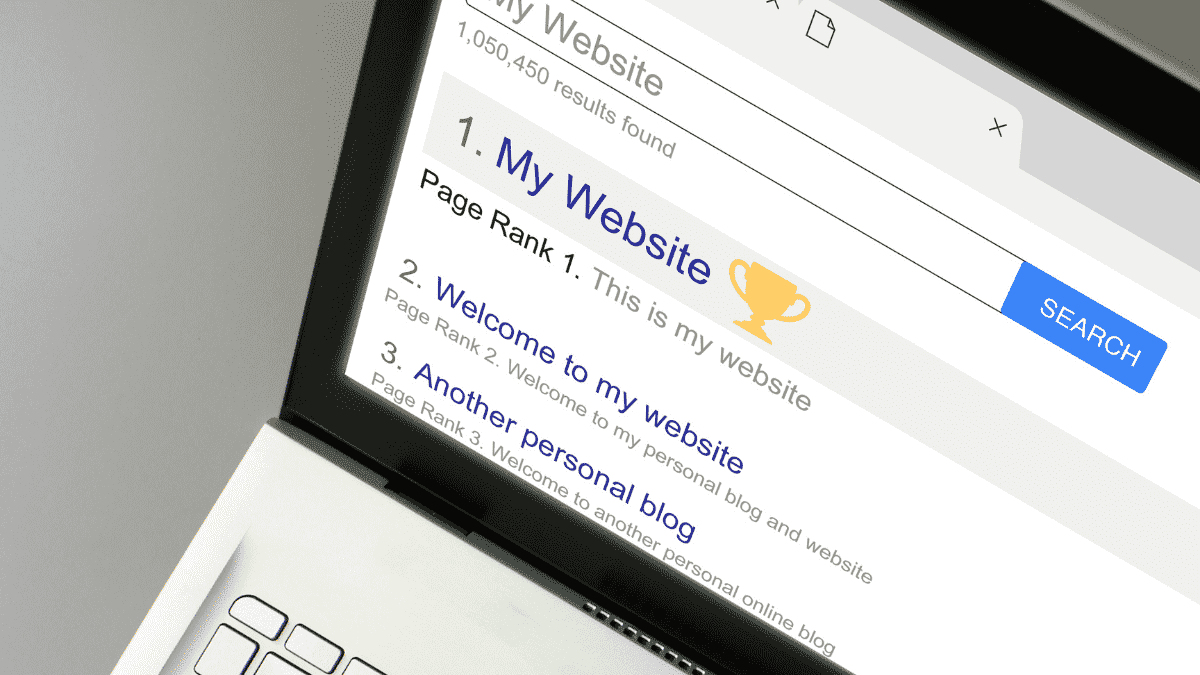Why Plagiarisms Can Outrank Originals in Google

When it comes to dealing with plagiarism and copied content on the internet, Google has been a major source of contention.
Over the past 15 years, Google has repeatedly tried to calm webmasters’ fears over plagiarists and copycats. It’s assured us that they prioritize original content, that they have a good handle on the issue and don’t penalize sites that have content duplicated on other domains.
However, those words have often been in direct contradiction to many publishers’ experiences. Countless times, webmasters have been frustrated by websites that not only copy their content, but appear higher in relevant search results than them.
To address that, authors have taken a variety of approaches including filing Digital Millennium Copyright Act (DMCA) takedown notices, both with Google and with hosts, reporting the sites to Google as spam and even using public shaming.
However, in a video live-streamed on June 18th, John Mueller, Google’s Senior Webmaster Trends Analyst, said something that was both not surprising and extremely shocking: That Google sometimes favors known copies over original works.
The reason for this, according to Mueller, is simple: Google doesn’t trust the original website for one reason or another and prioritizes user experience over original content.
So what can authors do about this? It really depends on the situation.
Breaking Down What Mueller Said
In the video, Mueller responded to a question from a webmaster that was frustrated by a site that was routinely copying their content and ranking better than them in search results. They asked “What could be the factors which we should look into or what measures should we take…?”
Mueller initially responded with a familiar answer, asking the webmaster to file a DMCA notice and get the infringing site removed. However, the caller then asked a follow up, namely whether Google can tell which site is the original publisher.
It was there that Mueller said, “From my point of view, it’s something that we can determine to a large extent. But even if we know which one is the original and which one is the copy, sometimes it makes sense to show a copy in the search results.”
According to Mueller, the main reason for this is that the original website is “lower quality” than the duplicate or that there is some issue with the original site where it can not be trusted.
In short, there are cases where Google is able to tell which site is the original and which is the plagiarist, but chooses to prefer the copy because the original site doesn’t meet their standards.
The problem is that those standards are constantly changing and involve everything from website loading speed, readability on mobile devices, low quality links (inbound or outbound). It’s even possible to have a previous site on your domain “poison” the domain in Google’s eyes by engaging in spammy behavior that you do not participate in.
In short, even without doing anything wrong, Google may mistrust a website and then direct searchers to copied articles rather than the original author. It’s frustrating, but it is now a confirmed reality.
What Can Authors and Webmasters Do?
For authors and creators, this really doesn’t change much. This is really more of a reaffirmation of what we’ve long known rather than any new piece of information.
If you find that your articles are being copied without permission (with or without attribution) and that the copycat site is doing well in the search results, a DMCA notice remains your first and best line of defense. Filing either with the host to get the content removed or with Google to get it pulled from the search results will help with that issue.
However, if you find this to be a recurring problem, Mueller’s advice is sound. It’s time to take a look for any issues on your website that need addressing. It can be as simple as load time or reliability problems or as complicated as a poisoned domains or some severe penalty.
The easiest way to do that is to access Google Search Console and see if there are any issues that it has identified for your site.
If there aren’t any, it may be an issue that doesn’t get such an alert, such as a poisoned domain name and you’ll likely want to seek help from an expert in SEO.
Bottom Line
All in all, there’s not really any new information here. The only part that is newsworthy is that, after at least 15 years of trying to get answers from Google, the company finally admitted that it sometimes knowingly favors copies of posts over originals.
To anyone that has studied this area, this isn’t a surprise. Countless webmasters have seen plagiarists rise above them in Google and it’s something that was widely assumed to be more than “just a mistake” by Google.
While the rules of Google are arbitrary, every-shifting and routinely unfair, it’s the reality that publishers live in.
So, if you find that someone is outranking you with your own content, use the DMCA to stop them. However, if it’s a common problem for you, it may be time to look at other factors that might be making it possible.
Original Video
Want to Reuse or Republish this Content?
If you want to feature this article in your site, classroom or elsewhere, just let us know! We usually grant permission within 24 hours.
